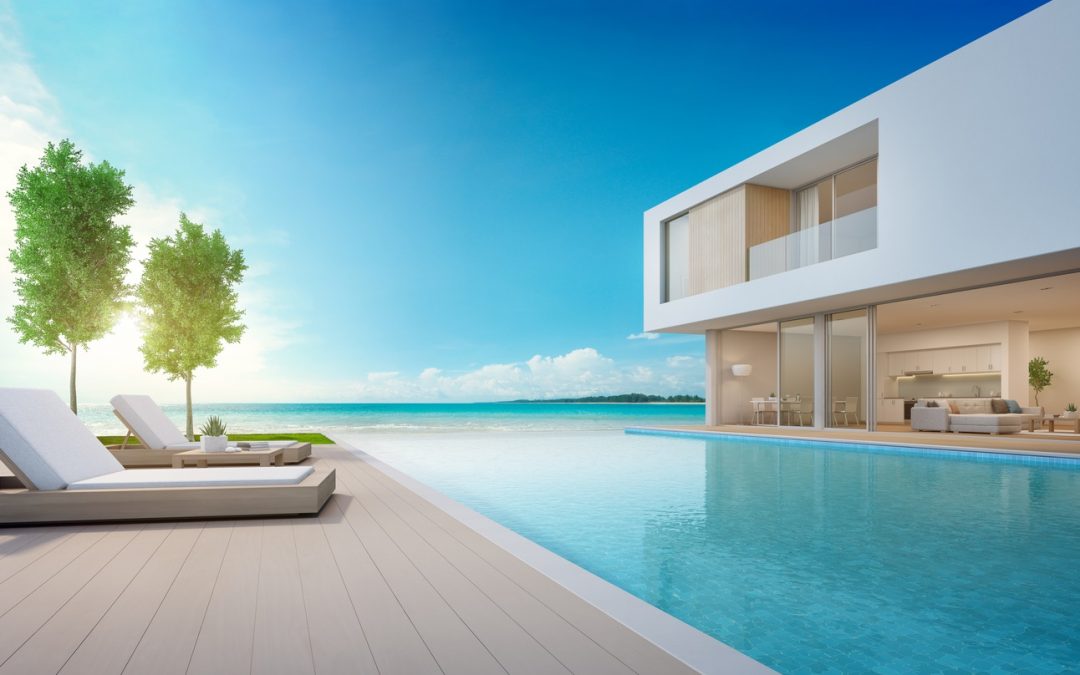Luxury Portfolio International® (LPI), the luxury marketing division of Leading Real Estate Companies of the World®, recently released a bi-annual study: “The Modern Luxury Home: Reimagined.”
According to the whitepaper, several trends are currently impacting affluent consumers’ spending patterns. While purchases of luxury goods, travel and experiential activities have taken a hit due to COVID, the report found that high-end real estate sales have been more resilient.
“Our research indicates that, while the world’s high-net-worth individuals have benefited from growing valuations in financial assets, the coronavirus continues to generate tremendous uncertainty,” said Mickey Alam Khan, president of Luxury Portfolio International®. “To that end, luxury real estate is proving to be an ideal investment, and consumer preparedness to purchase is very high, with many regions experiencing record sales.”
That’s not to say that the coronavirus hasn’t impacted the way luxury consumers are buying and selling. For example, LPI found that primary-home purchases have trended upward, while second-home purchases are slightly down, primarily due to the imposed travel restrictions.
The environment has shifted as well, prompting a “dream market” for sellers due to a shortage of inventory. LPI found that, in some markets, the supply of single-family homes may be as low as two or three months of available inventory—in the luxury space, 12-18 months is considered ideal. Additionally, the buyer-to-seller ratio has changed amid the pandemic, with more buyers out in the markets compared to sellers (three buyers to every two sellers, according to LPI).
What about housing trends? According to the report, in the $1M to $1.9M range, the following amenities are in demand: outdoor areas and a dedicated home office. In the $2M to $2.9M range, buyers are in search of relaxation and activity rooms. In the $3M to $5M-plus range, buyers prioritize monitored home security as well as home entertainment spaces.
On the other hand, some things haven’t changed; buyers still prefer in-person interactions despite the challenges introduced by the virus, which has prompted additional health and safety protocols. According to the report, 61 percent of affluent buyers and 57 percent of affluent sellers said they still prefer face-to-face property tours with a real estate agent.
“One very compelling takeaway from the survey involves the affluent consumer’s confidence,” said Alam Khan. “While most high-net-worth individuals are not only enduring, but may well be prospering through the pandemic, 80 percent of those surveyed noted that they were in good shape to withstand a recession. So, whether the financial headwinds are positive or negative, the affluent consumer will remain pivotal to the global economy.”
To access the entire report, visit www.luxuryportfolio.com/whitepaper.
 Liz Dominguez is RISMedia’s senior online editor. Email her your real estate news ideas to ldominguez@rismedia.com.
Liz Dominguez is RISMedia’s senior online editor. Email her your real estate news ideas to ldominguez@rismedia.com.




